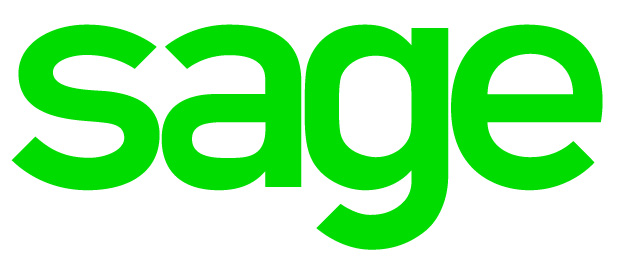Supreme Court determines Uber drivers are workers
In a landmark decision handed out by the Supreme Court last week, the respondents, Yaseen Aslam, James Farrer, Robert Dawson and others have had their claim upheld that they are “workers” and not self-employed drivers for Uber; as such they qualify for rights under the Employment Rights Act, the Minimum Wage Act and Working Time Regulations.
This will have significant repercussions for firms like Uber who engage persons to work for them under contracts that aim to deny them “workers” rights by treating them as self-employed.
A summary of the main points that will flow from this judgement are set out below:
- In future, Tribunals (lower courts) should look at the reality of the relationship between parties rather than simply accept any documentation (contracts) between the parties.
- Drivers should be considered “workers” as soon as they switch on their apps until apps are switched off.
This is likely to mean that:
- Drivers will be able to claim minimum wage based on their entire working day not just when they had customers in their cabs.
- Drivers should be able to claim back-pay.
- They should also be able to claim 5.6 weeks paid annual leave.
This outcome will affect the rulings of lower courts for many years to come if asked to consider the rights of individuals retained in the so-called “gig” economy.
Latest News
- More corporate red tape - April 23, 2024
- New employment protections - April 18, 2024
- Opening up small company reporting - April 16, 2024
- Boost for small businesses - April 12, 2024
- A new acronym - April 9, 2024
- Tax Diary April/May 2024 - April 5, 2024
- Still time to register for the Marriage Allowance - April 5, 2024
- Check your National Insurance record - April 5, 2024






